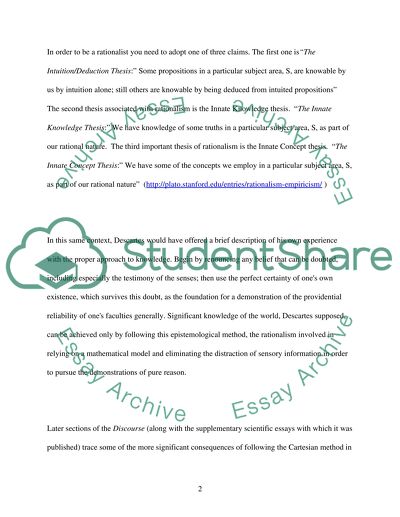Cite this document
(Rationalism In Philoshopy Essay Example | Topics and Well Written Essays - 1500 words, n.d.)
Rationalism In Philoshopy Essay Example | Topics and Well Written Essays - 1500 words. https://studentshare.org/philosophy/1528494-philoshopy
Rationalism In Philoshopy Essay Example | Topics and Well Written Essays - 1500 words. https://studentshare.org/philosophy/1528494-philoshopy
(Rationalism In Philoshopy Essay Example | Topics and Well Written Essays - 1500 Words)
Rationalism In Philoshopy Essay Example | Topics and Well Written Essays - 1500 Words. https://studentshare.org/philosophy/1528494-philoshopy.
Rationalism In Philoshopy Essay Example | Topics and Well Written Essays - 1500 Words. https://studentshare.org/philosophy/1528494-philoshopy.
“Rationalism In Philoshopy Essay Example | Topics and Well Written Essays - 1500 Words”. https://studentshare.org/philosophy/1528494-philoshopy.


